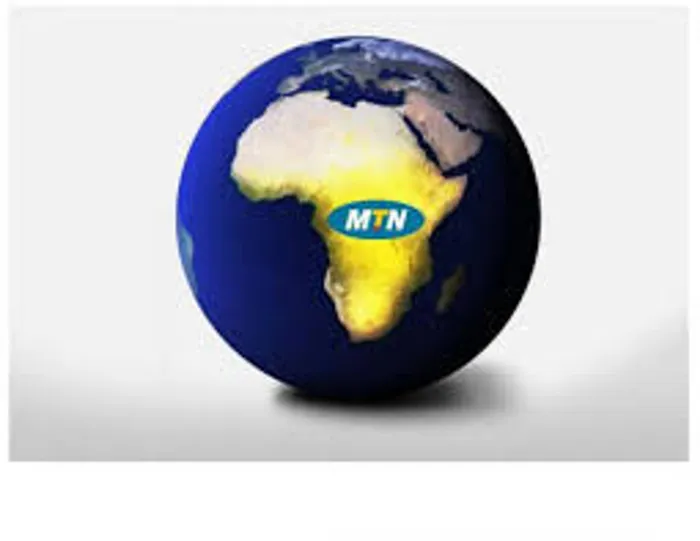
Peter Fabricius
The Nigerian government’s decision to slap a mind-boggling fine of $5.2 billion (about R71.1bn and probably rising) on MTN for failing to cancel the cellphone services of unregistered users, is posing a real dilemma for Pretoria.
The South African government is coming under considerable pressure to intervene with Abuja on behalf of MTN to reduce the fine at least. Deputy President Cyril Ramaphosa told Parliament last week that the huge fine would “impact on South Africa” as it would reduce tax revenues from MTN significantly.
In other words, this is an issue of national importance and national interest.Yet Ramaphosa also seemed to suggest that the government would not intervene and would leave it up to MTN to handle the matter itself. He said South Africa would like its companies to comply with the laws and regulations of the countries where they operate.
A Nigeria-based analyst has been quoted as saying MTN is trying to negotiate the fine down by 60 to 80 percent.
Maybe governments should not intervene every time their companies get into trouble abroad, but this is a case where it should, for several reasons. The main one is that the fine seems completely excessive, and that raises some issues about the Nigerian government’s motives.
Relations between the two countries are not great after a recent history of clashes. These include a major one over the deaths of 84 South Africans when a building belonging to the preacher TB Joshua collapsed on them in Lagos last year. Nigeria’s mishandling of the bodies seriously strained relations.
Then there was South Africa’s seizure of millions of dollars in cash from dodgy Nigerian dealers trying to enter this country to buy arms. The Nigerian government claimed that they were conducting a legitimate government arms purchase.
And earlier this year Abuja recalled both its High Commissioner and his deputy after the spate of xenophobic attacks in South Africa, even though Nigerians had barely been affected.
That prompted Pretoria to issue a very strong statement in which South Africa’s suppressed anger over the church deaths boiled over.
Against this background, it is not implausible that there could be a political motivation to Nigeria’s huge fine on MTN – even though, it must be said, relations between Pretoria and Abuja seemed to have improved since Muhammadu Buhari succeeded Goodluck Jonathan in this year’s presidential elections.
Even so, Pretoria should not stand back nobly on the principle of separating government matters from corporate matters.
South Africa investors in Nigeria – and elsewhere in Africa – need protection because the rule of law is often not respected. Ironically, this issue has risen after the South African government unilaterally terminated bilateral investment treaties with several European countries. But it is unlikely to assuage the concerns of foreign investors much because it would not allow them to seek international arbitration of their disputes with the South African government, unless the government agreed to that recourse.
Yet such international arbitration would seem to be the best way of settling the MTN-Nigeria dispute.